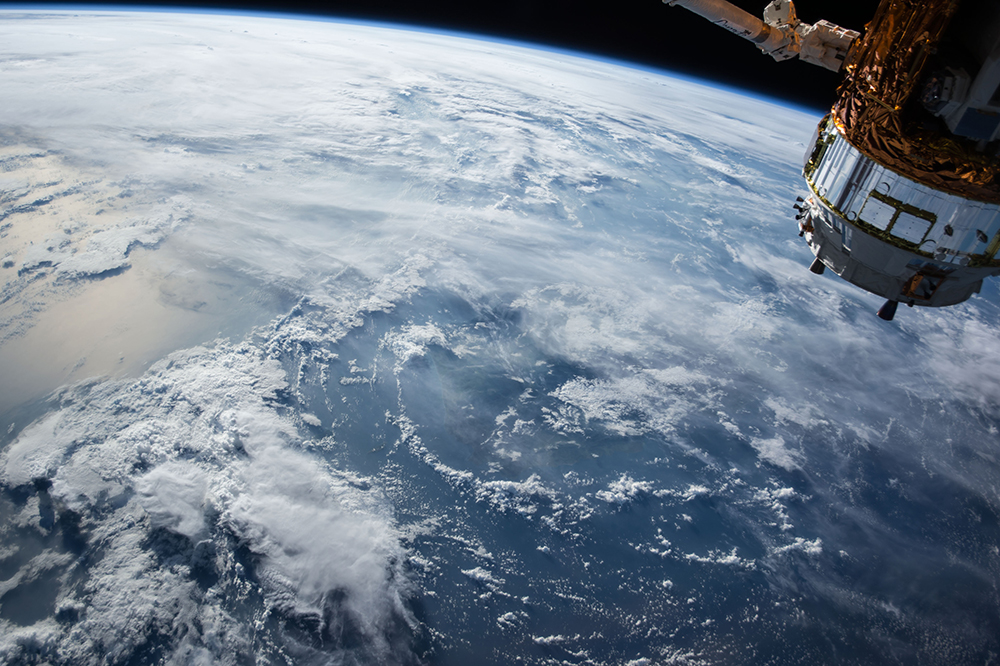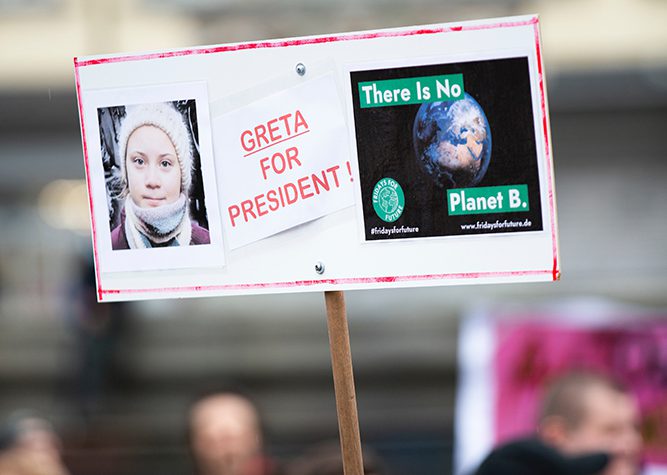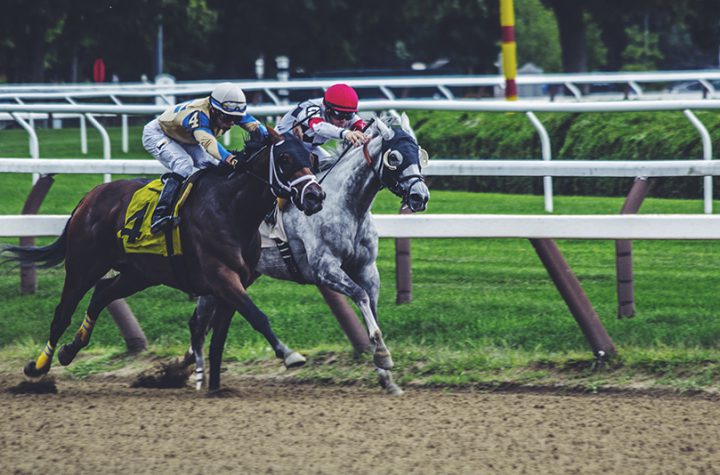
Russian President Vladimir Putins government reshuffle is the latest phase of a calculated transition strategy aimed at his political relevance beyond 2024, when he demits office. The overhaul, detailed in his recent state of the nation address, includes sweeping constitutional changes, which he said would be put to a referendum. Most significant is perhaps a two-term limit for future Presidents. Mr. Putin is currently serving his fourth. A 2008 manoeuvre, when the former KGB officer, at the end of a second successive term swapped the presidency with Dmitry Medvedev, installing himself Prime Minister for the next four years, caused outrage. A third term from 2013, was after an amendment to extend presidential terms to six years. There was a hint of the new revamp at a press conference in December, when Mr. Putin also pointed to a womans eligibility for the countrys highest office. Other changes include the expansion of the powers of Parliament and Prime Minister, besides strengthening the State Council. Speculation is rife that Mr. Putin could head the latter body, in a role similar in importance to Kazakhstans former President Nazarbayev, who stepped down in 2019 after a 30-year rule.
Mr. Medvedev, and also the entire cabinet, who resigned soon after the address, is now deputy of the Kremlins newly created security council. The staunch Putin ally has been replaced as premier by Mikhail Mishustin, Russias highly regarded head of taxation, but with little political experience. The nomination has occasioned comparisons with past government overhauls. Mr. Medvedev was one prominent Putin associate who survived the changes effected after the Presidents 2018 re-election, when many long-time appointees made way for younger loyalists. The poll itself was criticised as a charade, as prominent Opposition candidate Alexei Navalny was earlier barred from the contest. The slant of Mr. Putins proposals is in sync with his political stance, for instance in his public comments last year that liberalism had outlived its utility. Moscows Syrian military intervention has bolstered its influence across West Asia. Similarly, the aggression in Ukraine and Georgia may have restored some of Russias lost authority following the Soviet Unions disintegration. Mr. Putin has, perhaps not without justification, ascribed Russian expansionism as the appropriate response to the extension of the North Atlantic Treaty Organisation, beyond the former Eastern Bloc, to the erstwhile states of the Soviet Union. At home however, a persistent economic crunch has led his poll ratings to plummet. Paradoxically though, Mr. Putin is the only leader of any consequence a whole new generation of Russians has known. Therefore, despite the frequent protests against repressive policies and high prices, it may be premature to write him off.




More Stories
Justice Rajiv Shakdher also asked the media houses AGR Outlier Media Pvt Ltd. and Bennett Coleman and Company Ltd. to ensure that no defamatory content is uploaded on social media platforms or displayed on their channels.
Two people have become the first passengers on a Hyperloop, a technology considered to be the future of high-speed ground transport.